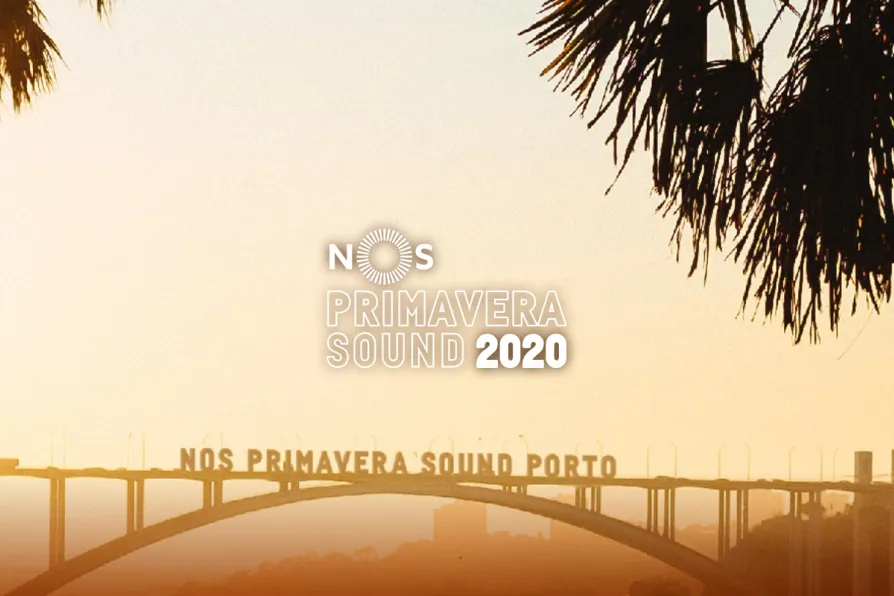ANGUS REID calls for artists and curators to play their part with political and historical responsibility


AS A ticketholder for Primavera Sound in Porto early in June, I was disappointed to learn that the festival may still go ahead as planned.
Like all music fans, I have accepted that it is not acceptable to go to events until I’m doubly sure that I won’t risk endangering somebody more vulnerable than me.
I am accepting it much the same as how, as a film or football fan, I am not lobbying my local cinema or club to throw their doors open in defiance of a historic plague.
Whatever our passions, we have moved them all indoors, in one way or another. It’s the right thing to do for the foreseeable future.
Even monoliths such as Glastonbury delivered the disappointment swiftly and responsibly — to, I assume, universal acceptance. Elsewhere, pushing back the annual Record Store Day initiative, organisers said: “As good citizens... we want everyone to be safe, healthy and feel comfortable.”
Adopting this same tone, Festivals Stand United Across Europe — comprised of 70 organisers such as the aforementioned Spanish-Portuguese Primavera, Roskilde (Denmark) and Rock en Seine (France) — delivered what it must have thought would be an equally well-received rallying cry.
“We must take care of our community by not being together,” it opens, promisingly. “As festival organisers we take the current situation very seriously.”
And so it rumbles on, surely just basking in a moment’s sun before ending the collective madness: “Every summer, we stand face to face with the difference that the community does for the individual and for all people. And we see the importance of music, art and culture in this context.”
“Nevertheless,” it says, “we all expect to carry through our festivals this summer... we can be a crucial part of the survival of this industry.”
It is impossible in March, when we have only just got used to lockdown conditions, to estimate quite how irresponsible this statement is.
And it is possible that, by early June, some parts of the world will have started to move on and will be ready to gather in a field, buy a £7 Tuborg and listen to Pavement.
But what’s already clear is that those trying to sustain their business at our collective cost will not live fondly in the memory.
If any comfort can be taken from this crisis, it’s the resuscitation of community bonds. Selfless acts of kindness, particularly in the absence of official support, have been celebrated as they should. Why these festivals think pronouncements to sustaining a “food chain” of “smaller players” by gathering thousands together amid a pandemic would be equally celebrated is beyond me.
Artists, venues, production crews and other festival workers do need looking after — by the state, grants, their community or by whatever dispensation these festivals might be able to afford them.
Crucially, such help will vary by nation. That these 70 organisers have banded together in a cross-country crusade to carry on, rather than assessing their own local situations as they rightly should, is telling.
At the time of writing, Primavera would be soldiering on with its Spanish festival in one of the worst-hit nations in the world, second only to Italy in the number of coronavirus deaths recorded.
But, just over the border, its Porto iteration may go on amid a completely different national experience — either a lucky one where things never became so bad, or closer to a peak as the illness gains pace.
No organiser knows, a few months away from the start of the summer festival season, what we will have all been through by the time their event kicks off.
What we do know is that, by then, we will have become used to making sacrifices for the sake of those around us, whether it’s missing the Olympics, the Euros or — if you’re so inclined — Eurovision.
“We owe it to the community, the music, the art and the culture to assume responsibility together,” these 70 say.
Hard not to wonder, then, why they haven’t.

















